
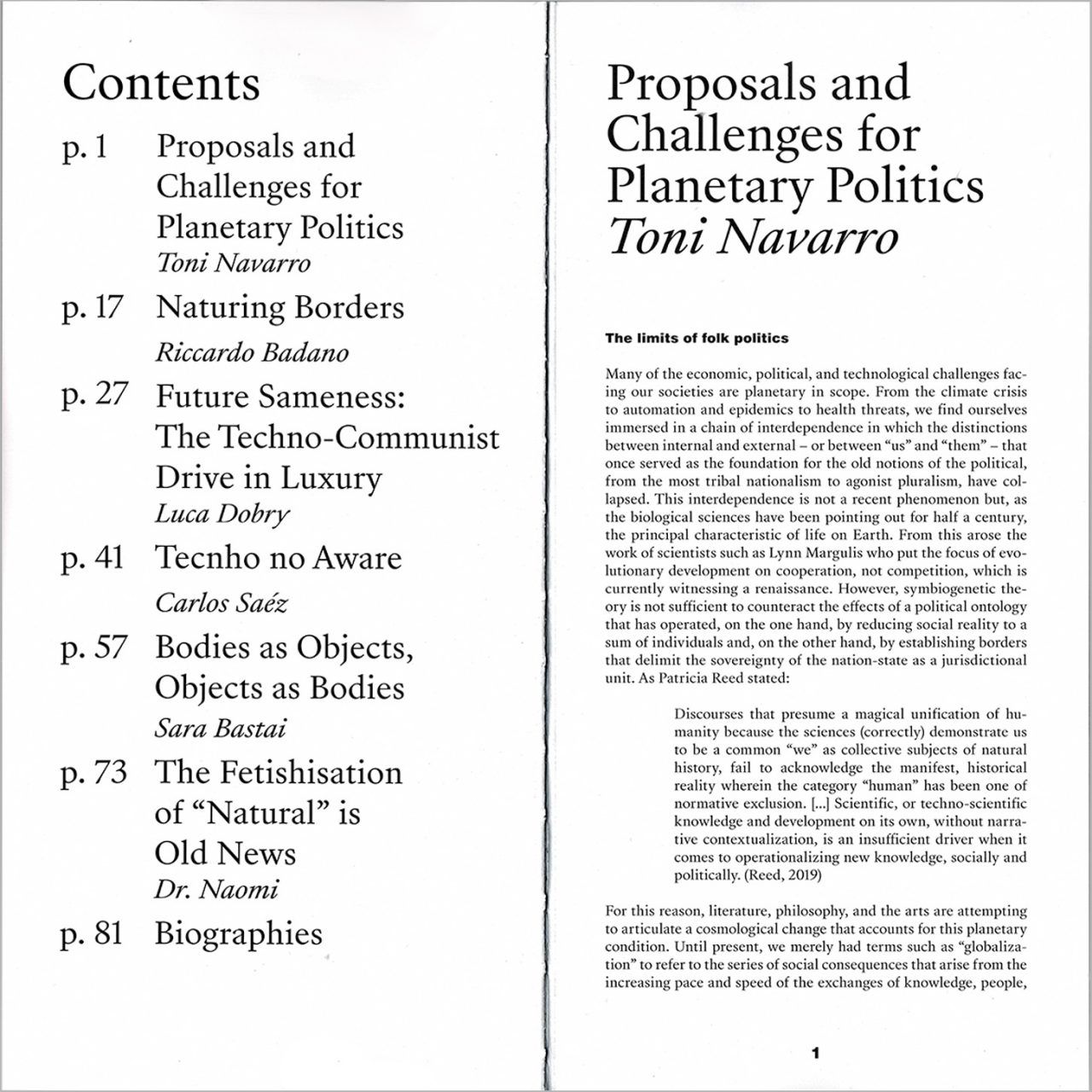
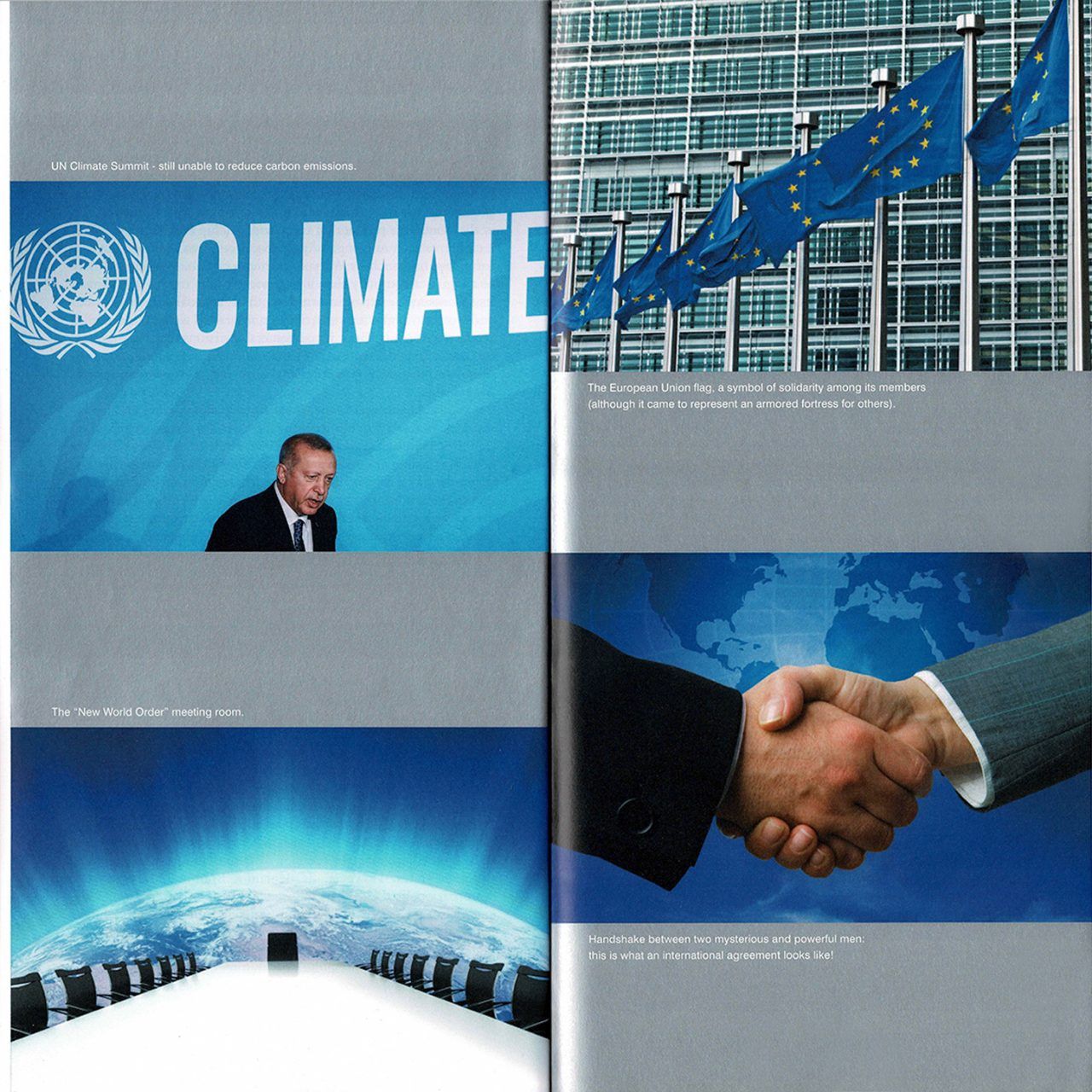
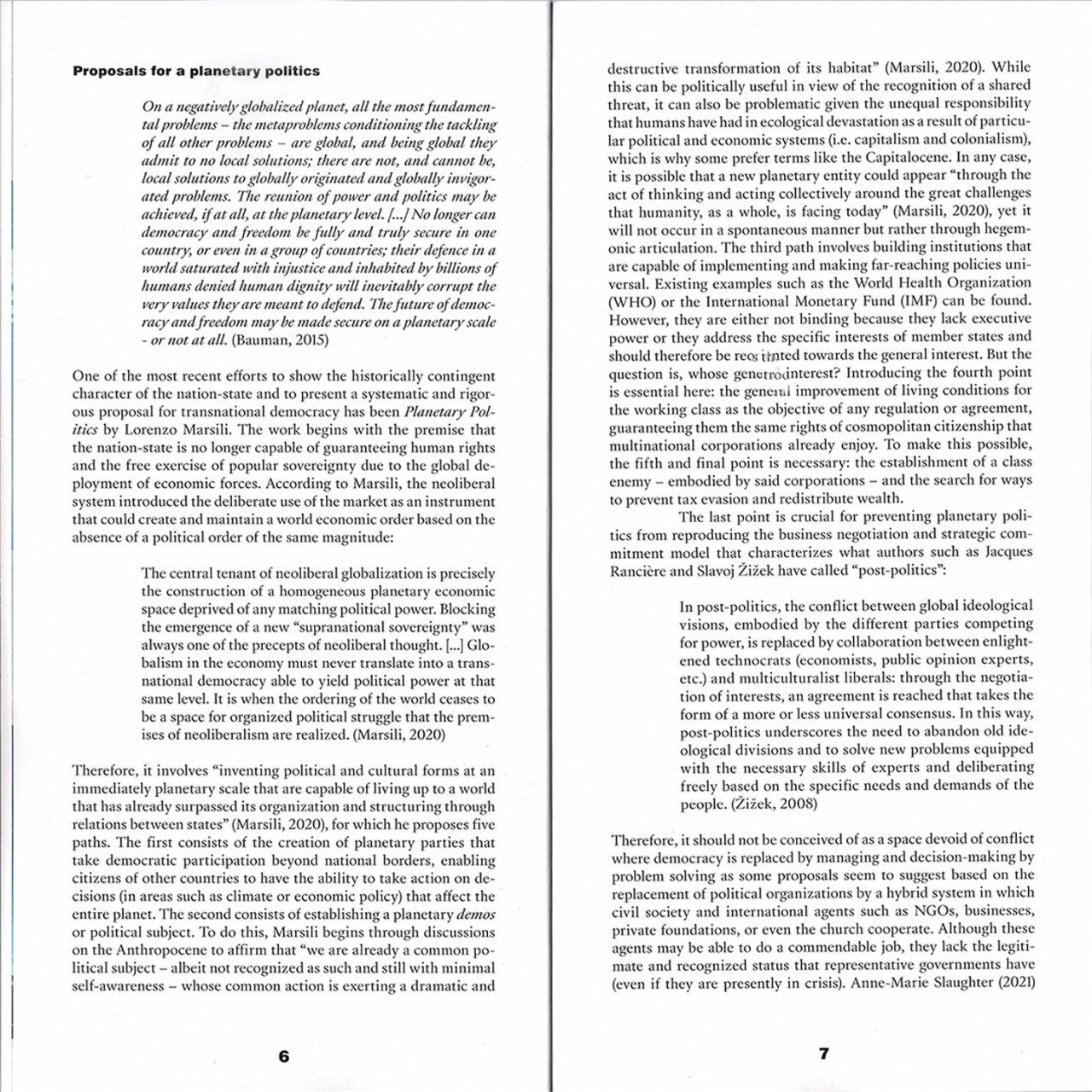
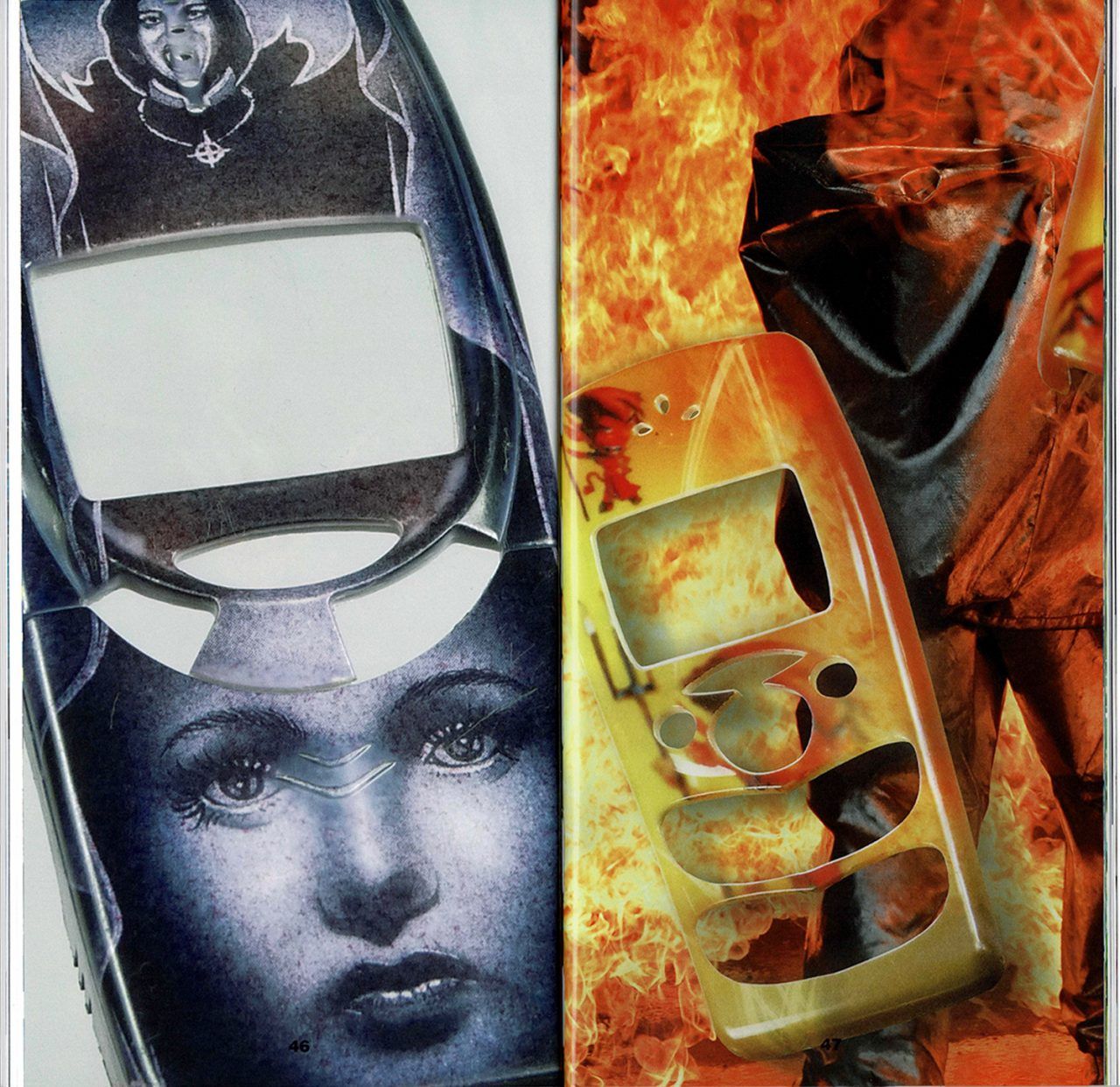


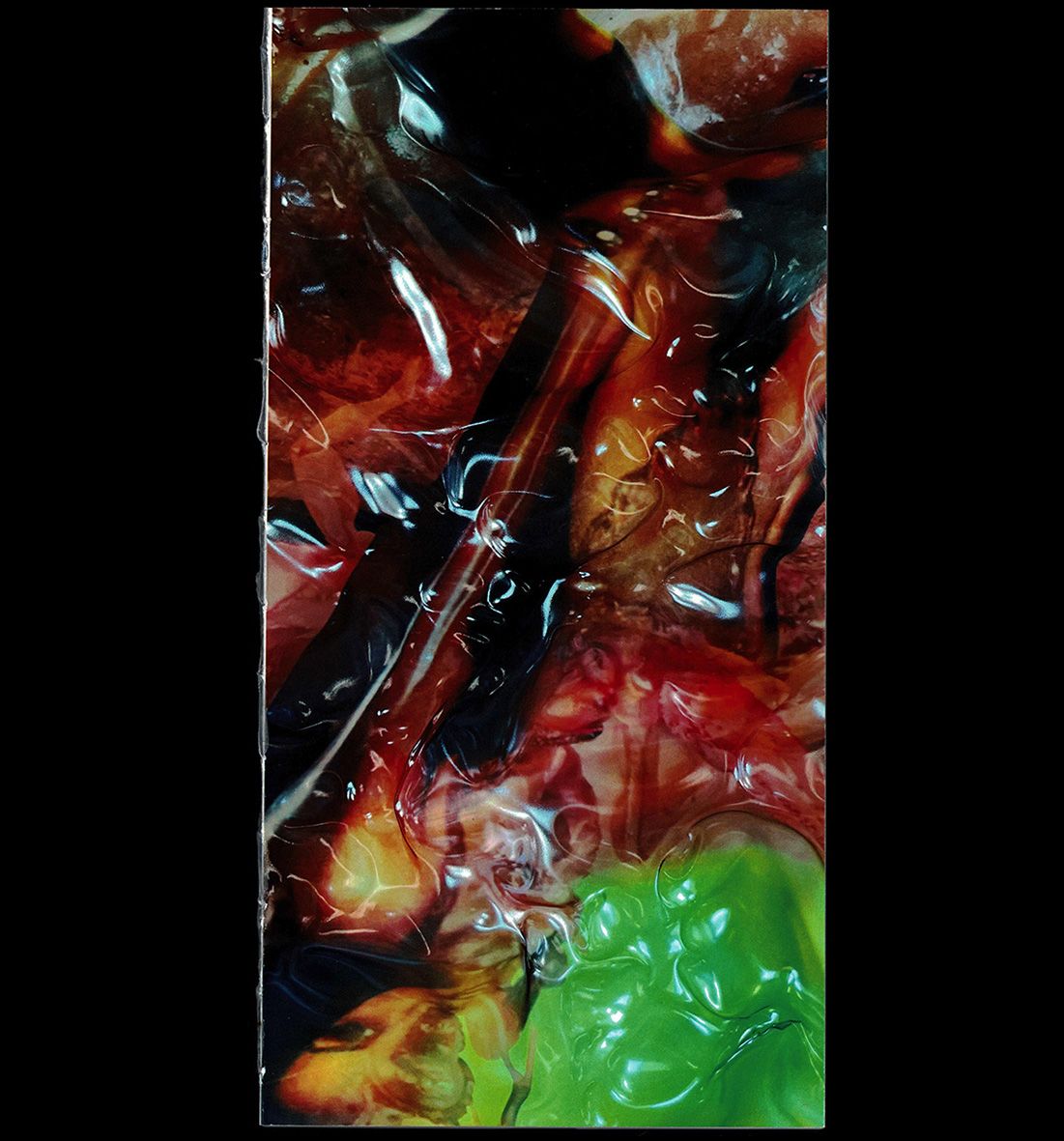
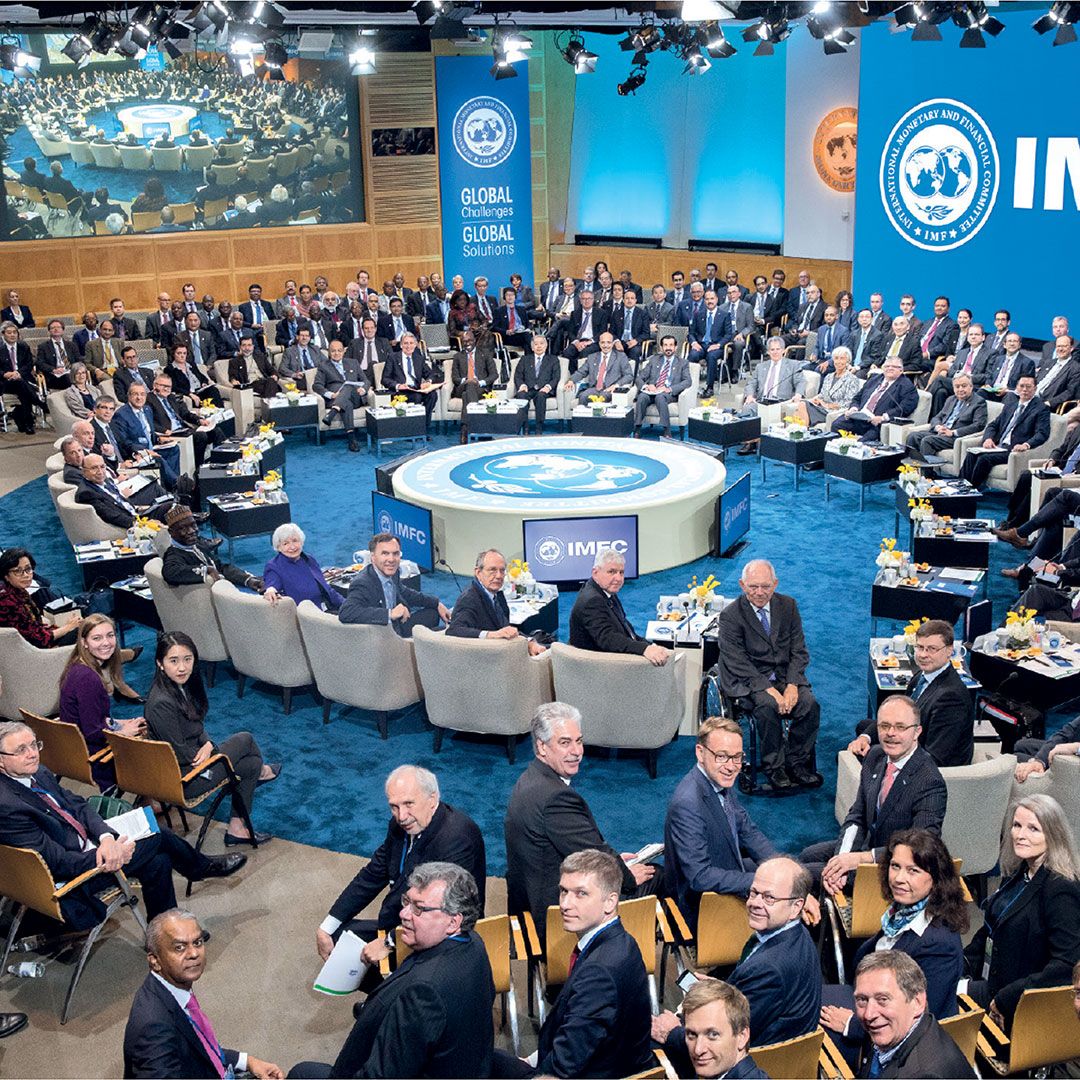
PROPOSALS AND CHALLENGES FOR PLANETARY POLITICS
Toni Navarro
The scale at which most of the events behind the crises we are currently facing operate makes the nation-state as a political form not only limited but often counterproductive. Therefore, this article has attempted to address the main proposals and challenges concerning the crafting of a transnational democracy that is truly equipped with the means to govern such phenomena, aiming to outline what types of institutions, mechanisms, and political subjects could sustain a project of such dimensions. Although this is a task that must unite the efforts of different areas such as law, political science, and international relations, a more modest approach could be useful in beginning to come up with other possible models and systems. As Marsili (2020) comments, “if we believe our politics is in crisis, that is because our imagination has stopped at the borders of the nation-state and at a conception of the world that has now been surpassed by the very evolution of the world itself,” so we must “imagine a new way of governing and influencing the extraordinary interdependence that we have achieved.” Therefore, now that the need for a planetary politics has been proven through arguments, the time has come to develop the cognitive and material means to implement it.
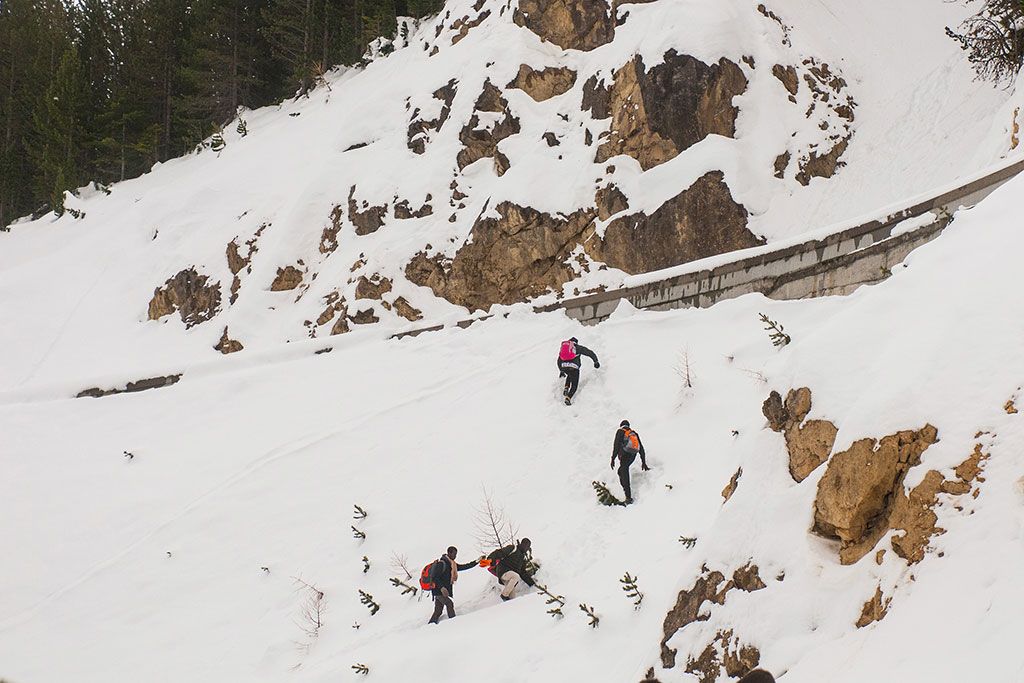
NATURING BORDERS
Riccardo Badano
The Alps, alongside other natural settings long since domesticated, have been turned again into a hostile environment for a specific group of people through a multiplicity of logistical arrangements, regulations, and administrative decisions whose aim is to create a differential between the thousands of tourists that visit one of the most characteristic landscapes in Europe every year and the undocumented people who are exposed to its environment. The geophysical features of the Alpine arc are weaponised by State actors in the attempt to deter border-crossing activities.
FUTURE SAMENESS: THE TECHNO- COMMUNIST DRIVE IN LUXURY
Luca Dobry
The desire to express oneself through clothing, which marketing had made available in the previous decades, is now re- placed by a wish to dress oneself ably. To become, in the era of AI, the threat of the Singularity and extreme disruptions to the climate, a high-tech entity enabled by clothing. To compete with the machine, or to collaborate with it. And as we have seen, it is also connected to a redressing of the Identitarian anxiety. I’m not trying to be different, I’m only trying to be smart, like everyone else; like that dad, like that jogger, like that bike hobbyist, who might be in Sweden, in Brazil, in China or in Cabo Verde. It is a purposeful attempt at erasing the culturally divisive aspect of identity-performing. Through normie-fying yourself, you can escape, momentarily, the trappings of the algorithmic inertia to brand you into an anthropological niche. By doing so, you also become better equipped for living in the Anthropocene.


TECHNO NO AWARE
Carlos Sáez, Jesús Alcaide
As Carlos Sáez told me in a WhatsApp chat, “phones back then were less configurable inside, less customizable, less ours. Now we have the ability to live inside our smart phones in an intellectual sense. We occupy their software with our personal photos, videos and applications. We no longer wish to cover the hardware, but rather to protect it”. TECHNO NO AWARE speaks about how people used their mobile phone cases in the early 2000s as an identification strategy in the hardware, a trace, a brand, a signal or a sign that built our space of references and belongings, our tuned cases that revealed our affective weaknesses more than they protected our phones. By cataloguing the cases through the different elements that appeared on their surfaces (water, beaches, butterflies, holograms, fire), Carlos Sáez amplifies these contexts through a series of environments whose references involve advertising and the universe of 2D wallpaper. This is not exempt from the irony manifested in the act of individuals wishing to identify themselves with an object of mass production, an item that tells us about a moment in our historical evolution and about belonging to the collective imagination of a very concrete era.


BODIES AS OBJECTS, OBJECTS AS BODIES
Sara Bastai
The series reflects on the shift of roles between humans, objects and their relations. An object set side by side with its corresponding action performed by a body. I intend to question the objectification of bodies, and raise concerns on the consumption of objects. Are we the same? A matter of shapes that are able to perform actions? What do our actions induce in a capitalist society? I allude to the idea that humans are becoming commodities. Within a digital realm, becoming matter. How do objects act in the society we live in?


THE FETISHISATION OF “NATURAL” IS OLD NEWS
Dr. Naomi
“I don’t understand it, it just doesn’t seem logical to me. I think it’s egotistical for someone to believe that they should be the arbiter of beauty for another person’s body. We live in our bodies. We should get to choose how they look, and what is beautiful or comfortable for us in the mirror. For those who are not familiar with your work, could you rate your 3 favorite cosmetic procedures and the techniques/materials that they involve? In medicine, I find the level of egotism on this topic shameful. For me it is frustrating to listen to this type of thing at cosmetic conferences. Doctors have this weird obsession and fetishisation of “natural” results (LOL). Aesthetics in medicine is still quite young, and it has a lot of evolving to do. The hate would mostly be about how the hater feels about themselves. Maybe, they do not like their own appearance and are frustrated by that”